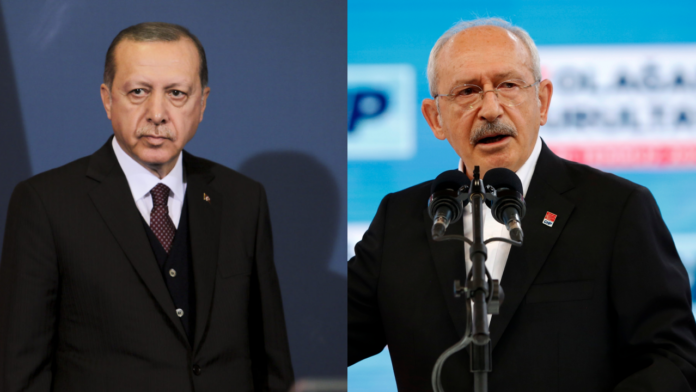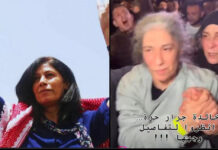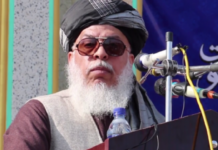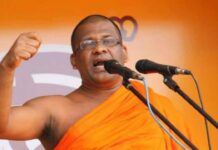President Recep Tayyip Erdogan and his secular rival Kemal Kilicdaroglu are running neck and neck in the polls with just days left before the presidential election on May 14.
A survey by pollster Konda put support for Erdogan on 43.7% and Kilicdaroglu on 49.3%, leaving him short of the majority needed to win in the first round and suggesting the election would go to a run-off between the two men on May 28.
The winning candidate needs more than half of the presidential vote to win.
Other polls are closer but still tend to give Kilicdaroglu a slight lead.
On Sunday, voters will also elect 600 members of the Grand National Assembly, as the Turkish parliament is known.
Recep Tayyip Erdogan, 69, is the incumbent and is running for the People’s Alliance, a coalition of his AK Party and several right-wing parties.
During his 20-year rule, Erdogan has transformed Turkey’s economy, introduced Islamic reforms and curtailed the power of the military. He is also viewed as strengthening Turkey on the international stage.
Subscribe to our newsletter and stay updated on the latest news and updates from around the Muslim world!
But the country’s struggling economy over the past 18 months has eroded his popularity, as have some measures considered undemocratic such as the jailing of an opposition leader and the muzzling of critical media.
Erdogan’s detractors accuse him of reversing democratic gains in Turkey, particularly following the 2016 failed coup attempt which saw thousands arrested.
Critics also say that freedom of the press has deteriorated, with 90 percent of all Turkish media outlets under the control of Erdogan’s government and businessmen close to him.
Kemal Kilicdaroglu, 74, is Erdogan’s main challenger and the candidate for the six opposition parties of the Nation Alliance.
He defines himself as a “democrat” and is known for anti-corruption rhetoric, but is accused by detractors of being too close to the West.
Kilicdaroglu has led the centre-left Republican People’s Party (CHP) for more than a decade of election defeats.
Before politics, he was a finance ministry specialist and then chaired Turkey’s Social Insurance Institution for most of the 1990s.
He has promised to return to a “strong parliamentary system,” to solve the Kurdish issue, to send Syrian refugees back home, and to move closer to the European Union and the United States.
The economy has dominated the campaign with inflation hitting a 24-year peak of 85.51 percent last year.
The country is also still recovering from two massive earthquakes that hit southeast Turkey on February 6 which left more than 50,000 people dead and caused widespread destruction. Reconstruction is expected to cost billions of dollars.
Another issue is the Islamic and secular identity of the candidates.
Erdogan lifted the ban on women who wear the hijab working in the public sector in 2013 – a move hailed by many as a validation of their place in society and their religious observance.
On the other hand, the CHP had previously backed the hijab ban and Erdogan says it may be reinstated if he were to lose.
Anti-refugee sentiment is also rising in Turkey, with reports of violence, abuse and crime between Syrian and Turkish communities.
According to the government, some 3.7 million of the total 5.5 million foreigners in Turkey are Syrian refugees. The government has been praised internationally for its refugee policy, but opposition candidates have been playing on rising hostility towards refugees.























